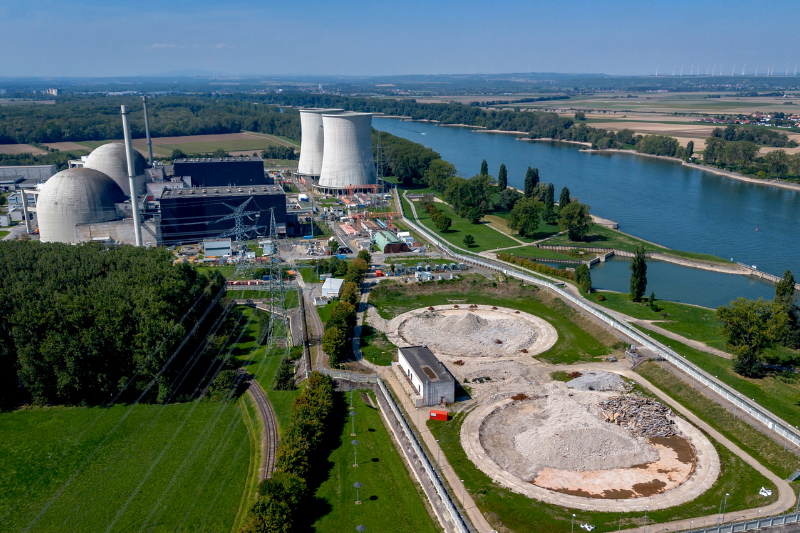
Germany’s Nuclear Energy: A ‘Dead Horse’ Declares Chancellor Scholz
In a recent development, German Chancellor Olaf Scholz firmly stated that atomic energy is a “dead horse” in Germany and rejected the suggestion made by a junior coalition member to consider reopening closed nuclear power plants.
Significant alterations in Germany’s nuclear energy policy have occurred over time. The nation originally accepted nuclear energy as a practical energy source, and there are currently a large number of nuclear reactors in use. However, the Fukushima nuclear accident in Japan in 2011 led to a significant shift in policy. Germany decided to phase out nuclear energy and had strong political backing for this move.
The Shutdown of Nuclear Reactors
Germany achieved a key milestone in April when its final three nuclear reactors were shut down. In the wake of the Fukushima tragedy, this action was perceived as a response to public worries about the safety of nuclear power. It marked a definite commitment to move away from fossil fuels and towards cleaner, more sustainable alternatives.
Despite the general agreement that Germany should stop using nuclear power, several members of the coalition government, most notably the Free Democrats, called for reconsideration. Keeping the option of using the still-operational nuclear power plants open was, according to the pro-business Free Democrats, important to preserve energy security, particularly in light of rising energy prices as a result of the conflict in Ukraine.
In an interview, Chancellor Scholz vehemently criticized the Free Democrats’ idea, highlighting the fact that nuclear energy is no longer a practical choice for Germany. Invoking a 15-year schedule and prices between 15 and 20 billion euros per plant, he noted the significant time and financial commitments necessary to construct new nuclear power facilities. Reiterating that existing nuclear facilities were already being decommissioned, Scholz said that any idea of restoring atomic energy would necessitate the construction of new power plants.
Keep Reading
Germany’s broad commitment to renewable energy sources is consistent with Scholz’s position on nuclear power. He emphasized the significance of increasing the use of renewable energy sources, including wind and solar power, in order to satisfy the largest economy in Europe’s future energy needs. As countries work to lessen their carbon footprints and battle climate change, this reflects a wider global trend towards renewable energy options.
Germany has made a commitment to a clean and green energy future, as seen by its decision to phase out nuclear energy and Chancellor Scholz’s steadfast rejection of the request to reconsider its usage. Germany’s actions serve as a convincing example of a country prioritizing renewable energy sources over the revival of atomic power while the globe struggles with the issues of climate change and energy security.




